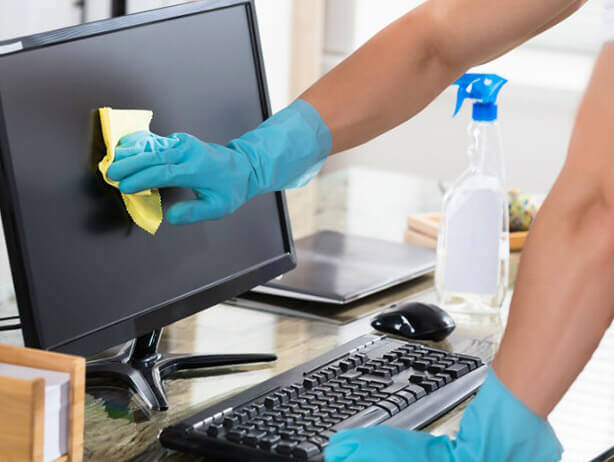
A regular cleaning service is vital to sustain a high standard of hygiene in your working environment.
Arrange a Quote
SERVICES
CONTACT OUR SALES TEAM
Call to discuss your service requirements and we will provide a free no obligation quotation.
OR COMPLETE THE SHORT FORM
below and we will contact you to discuss your requirements.
PREMISERV CLIENTS












Keeping Schools Spotless: Premiserv’s Top-Quality Cleaning Services in Stockport
6th December 2025
No Comments
Read More »


BUY PROFESSIONAL CLEANING PRODUCTS
OUR CLIENTS RECOMMEND OUR SERVICES
I am very excited to have the deep clean this summer and start the new school year in a much better and cleaner state than last year. Thank you again to you all.
School Business Manager
You have all been absolutely fantastic in helping us improve the cleanliness here, and I honestly don’t know what we would have done without you all.
School Business Manager
Personally I don’t think you could go wrong in choosing Premiserv. The attending cleaners have always been polite, well-mannered and punctual and also thorough in their duty
Site Manager
The resident was more than happy with the removal of the graffiti. Thank you for your assistance it was much appreciated.
Facilities Manager
Everything in order and satisfactory thank you.
Quantity Surveyor
The client was made up with the clean, I must say I met your guys and they were very polite and I also saw that they have done a really good job. Please pass on my thanks to them.
National Customer Care Manager
Work completed to my satisfaction. The lads did a good job. Thank You!
Site Manager
You have taken the role of our No. 1 cleaning contractor
Quantity Surveyor




